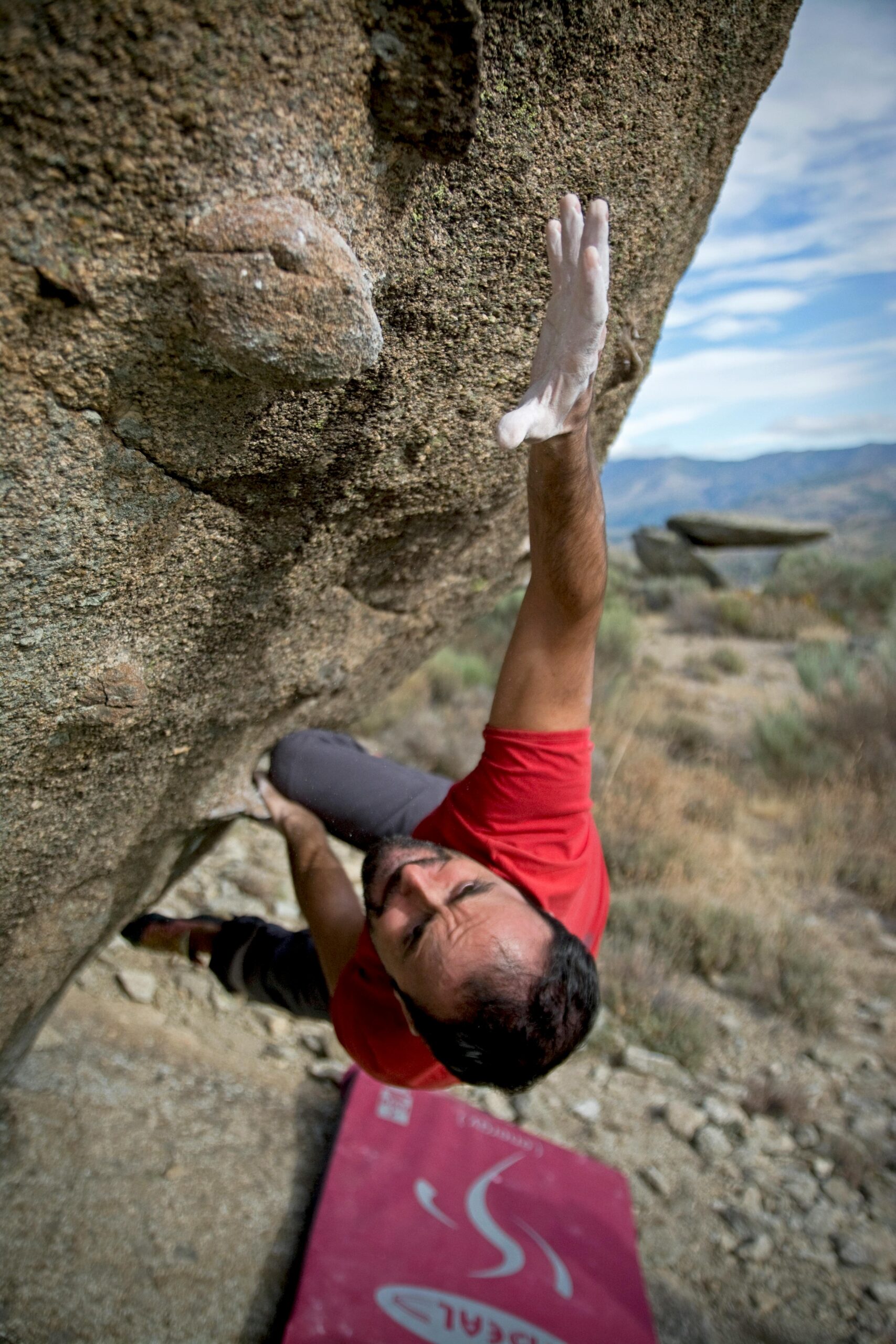It’s easy to keep a habit when life feels stable.
When your energy is high.
When the weather’s good, your sleep is solid, and everything goes as planned.
But what about those other days?
The messy ones. The tired ones. The anxious, slow, nothing-makes-sense days.
That’s when most people break the streak.
That’s when guilt starts speaking louder than motivation.
And that’s why most habits don’t last.
Let’s change that — with compassion, not pressure.
The Key Is Lowering the Bar (Yes, Really)
Most people think discipline means “pushing harder.”
But the truth is: resilient habits aren’t built with pressure — they’re built with flexibility.
Think: How can I show up, even just a little?
If your habit is:
- Working out → stretch for 3 minutes
- Journaling → write one sentence
- Meditating → breathe deeply for 60 seconds
- Reading → read one paragraph
That’s still the habit. Just on “low power mode.”
You Don’t Need Motivation — You Need a System That Works When You Don’t
Your habits should be built for your bad days, not your best days.
That means:
- No relying on motivation
- No waiting for the perfect time
- No guilt for doing less
Want to make this easier? Revisit:
📌 The Truth About Productivity: It’s Not About Doing More
On Hard Days, Try the “1–1–1” Habit Rule
✅ 1 habit
✅ 1 minute
✅ 1 win
It sounds like this:
- “I’ll journal for 1 minute.”
- “I’ll organize 1 small drawer.”
- “I’ll drink 1 glass of water before anything else.”
Even if the rest of the day goes sideways — that moment stays with you.
That’s progress.
Remember: Consistency Is Built in the Cracks
The habits that last are not the ones you do perfectly.
They’re the ones you return to — even after a chaotic week. Even after skipping. Even after starting over.
That’s real consistency.
And if you’re trying to stay consistent without burning out, this will help:
📌 When You Feel Like You’ve Lost Your Spark
Give Yourself Credit for the Effort — Not Just the Outcome
Some days, just showing up is the win.
Some days, just not quitting completely is strength.
Some days, just remembering what you’re building is enough.
Your habits are not a test. They’re a tool.
And they’ll grow stronger every time you treat them with kindness.
Discipline doesn’t have to feel like punishment.
It can feel like care.
It can feel like, “I still choose me — even when it’s hard.”
And that is how habits actually stick.
